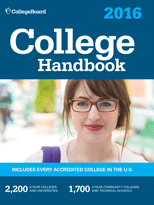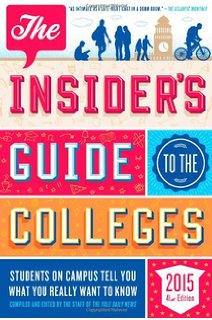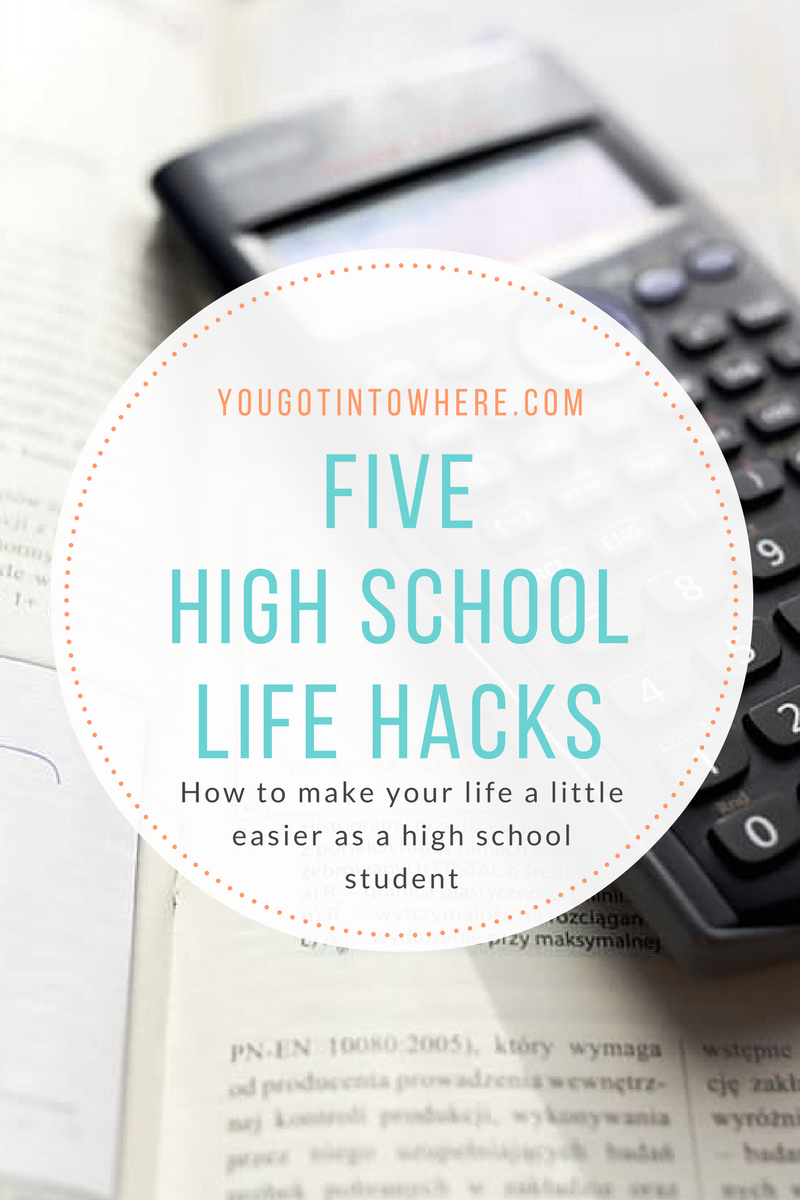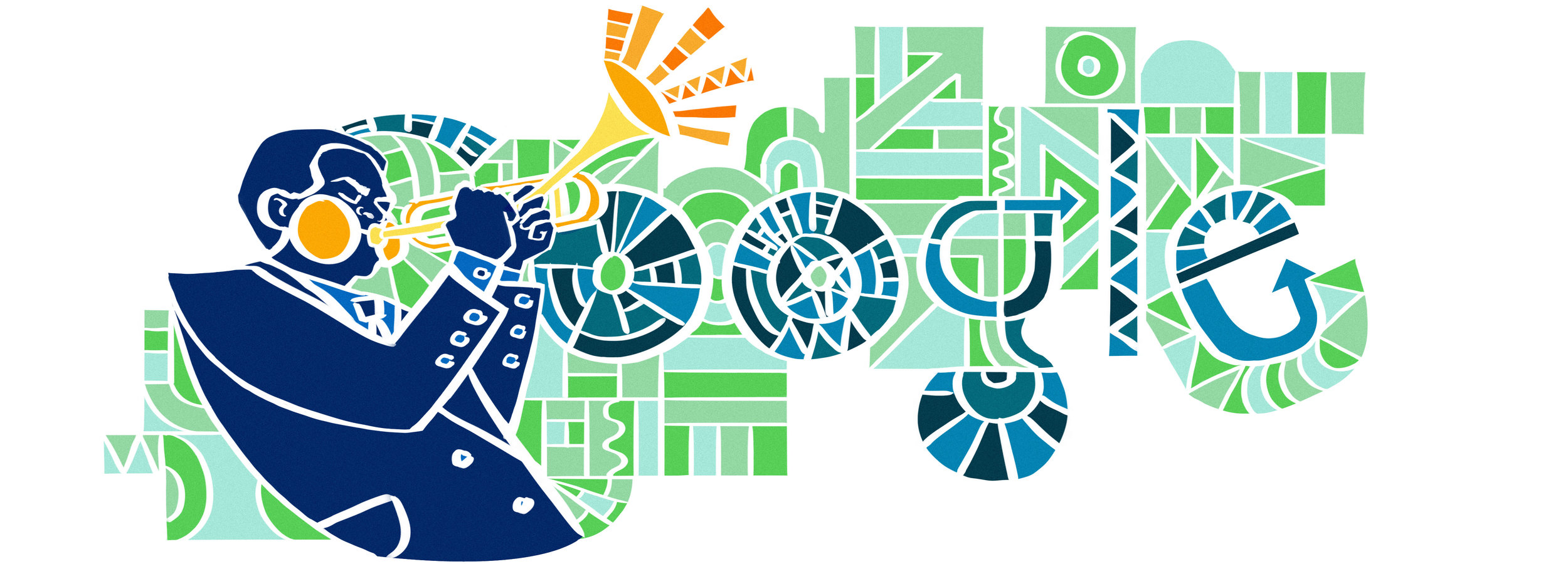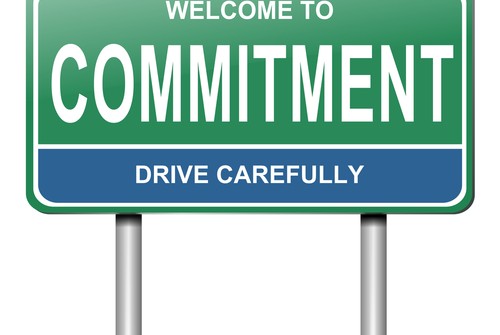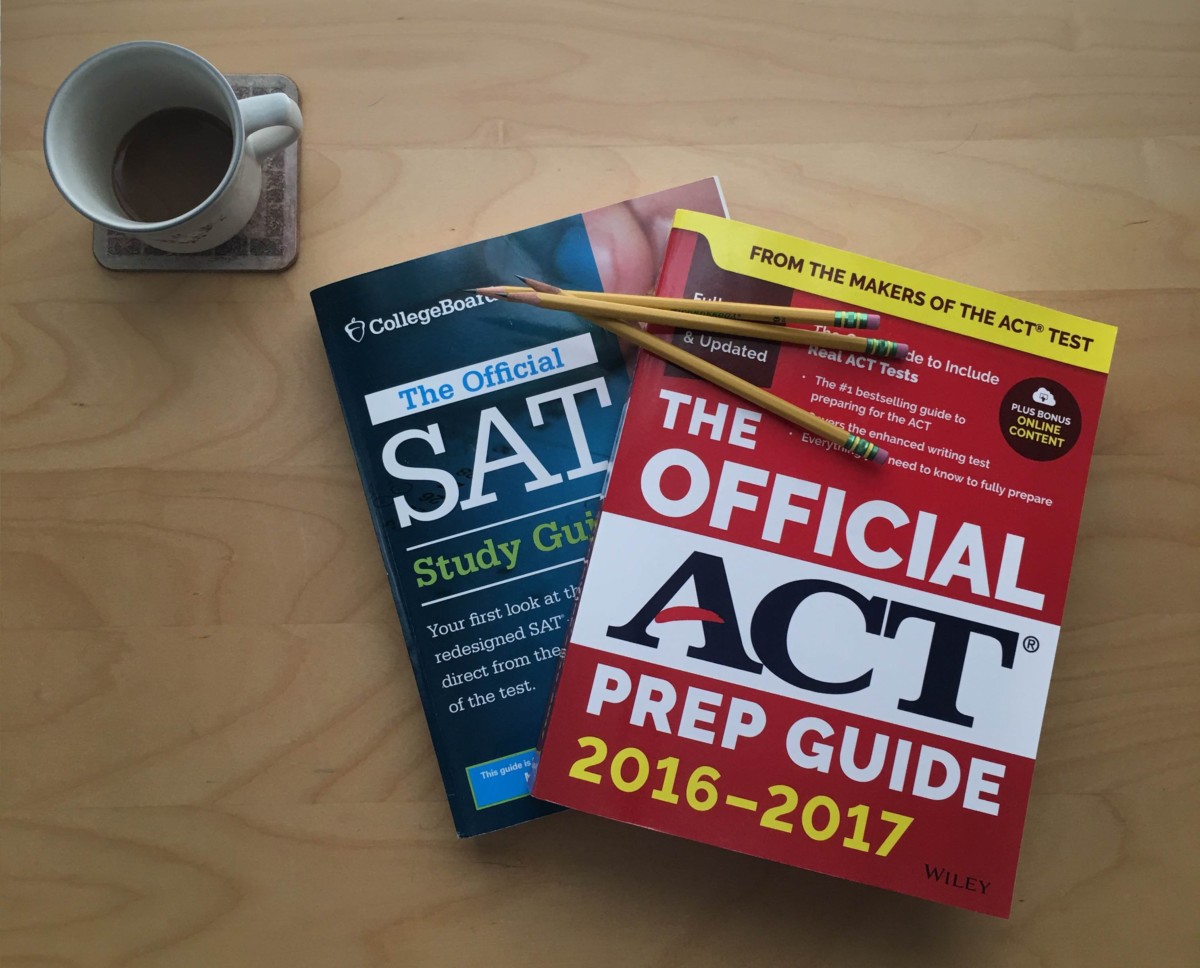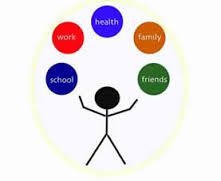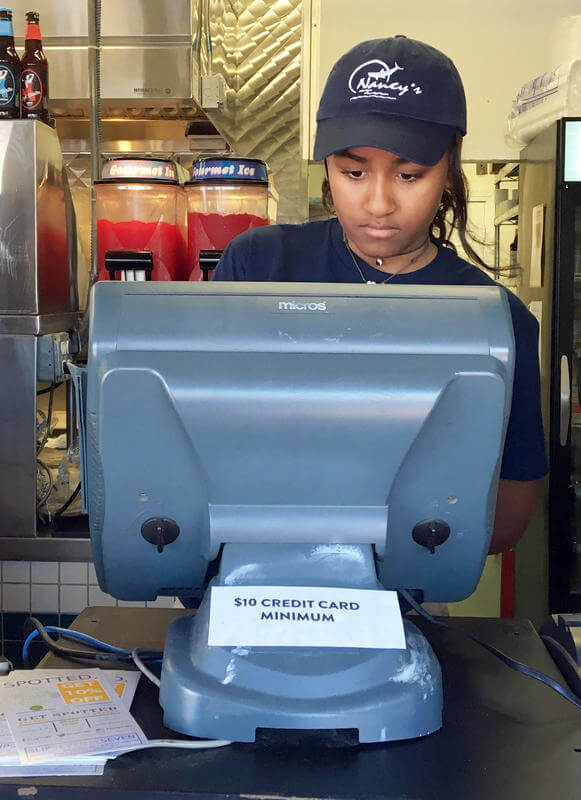Things to Do When You Are Too "Rich" for Financial Aid and Too "Poor" to Afford College
/Shortly after I started senior year of high school, I attended a FAFSA informational meeting. I walked in into the meeting room to hordes of parents and their uninterested children crowded around the front of the room near the speaker. Throughout the meeting, parents raised their hands and took pages of notes but at the end, the most common asked question from the parents was whether their child would qualify when they are more than well-off (combined your parents make over 150-200K). Parents at the end of the session waited in line to speak with the presenter to tell them of their situation, among them were my parents. They asked whether they should even attempt to fill out the application among other things. However, the one answer that the presenter told everyone was that the parents should definitely file out the FAFSA.
FAFSA, or Free Application for Federal Student Aid, is a FREE form that the federal government, states, and colleges/universities use to award grants, scholarships, work study and student loans
meeting. I walked in into the meeting room to hordes of parents and their uninterested children crowded around the front of the room near the speaker. Throughout the meeting, parents raised their hands and took pages of notes but at the end, the most common asked question from the parents was whether their child would qualify when they are more than well-off (combined your parents make over 150-200K). Parents at the end of the session waited in line to speak with the presenter to tell them of their situation, among them were my parents. They asked whether they should even attempt to fill out the application among other things. However, the one answer that the presenter told everyone was that the parents should definitely file out the FAFSA.
FAFSA, or Free Application for Federal Student Aid, is a FREE form that the federal government, states, and colleges/universities use to award grants, scholarships, work study and student loans . The maximum amount college students received from the 2014-15 financial aid award year was $5,730. The grants and scholarships
. The maximum amount college students received from the 2014-15 financial aid award year was $5,730. The grants and scholarships are free but any loans have to paid back. This year, the FAFSA has received a few changes. The form is available in October instead of January and parents are allowed to use the prior-prior year tax information instead of the prior tax year. This gives students more time to apply for aid as well as allow for parents to file for FAFSA before filling their previous year’s taxes.
are free but any loans have to paid back. This year, the FAFSA has received a few changes. The form is available in October instead of January and parents are allowed to use the prior-prior year tax information instead of the prior tax year. This gives students more time to apply for aid as well as allow for parents to file for FAFSA before filling their previous year’s taxes.
1.Change in Situation
Filing for financial aid is a good idea just in case your family experiences a change in financial circumstance such as a job loss. Some schools may not be able to reconsider applications for assistance after their deadlines, even if a family’s financial status changes. Do notify them however as soon as possible. It will make the process easier. Having a FAFSA form filled out allows for you to get the option to request reconsideration due to the fact your status changed. Some colleges do have contingency funds for such situations. Money is limited but schools might give priority to the students who have their FAFSA on file.
allows for you to get the option to request reconsideration due to the fact your status changed. Some colleges do have contingency funds for such situations. Money is limited but schools might give priority to the students who have their FAFSA on file.
2.Siblings could equal more money.
Financial aid is calculated based on the difference between the cost of attendance and the expected family contribution, or EFC, which is calculated on the FAFSA. So if you have siblings, especially if they are in your age group, you are in luck! Students from well-off families could qualify for aid at expensive colleges, especially if multiple children from the family are in college at the same time.
3.Loans
The government requires students to complete a FAFSA if they want to be eligible for any federal student loans or grants. When you fill out the FAFSA, they send you a letter with information regarding your applications as well as any grants and loans you would could earn. There are non-need-based loans that students from wealthy families can qualify for. If you want to consider borrowing money for your student, you will need to complete a FAFSA to access government college loans. Some colleges may also require a FAFSA in order to be considered for certain non-need-based scholarships.
you would could earn. There are non-need-based loans that students from wealthy families can qualify for. If you want to consider borrowing money for your student, you will need to complete a FAFSA to access government college loans. Some colleges may also require a FAFSA in order to be considered for certain non-need-based scholarships.
Now, if you do not get money the first time, you can apply for FAFSA every year so if your EFC changes as mentioned above changes, it adjusts to your needs. However, make sure you keep up with your grades to earn the maximum amount of money.
I hope these tips will help you out this upcoming year. Leave a comment down below if you have any questions. And as always make sure you follow us on Instagram and Facebook.



